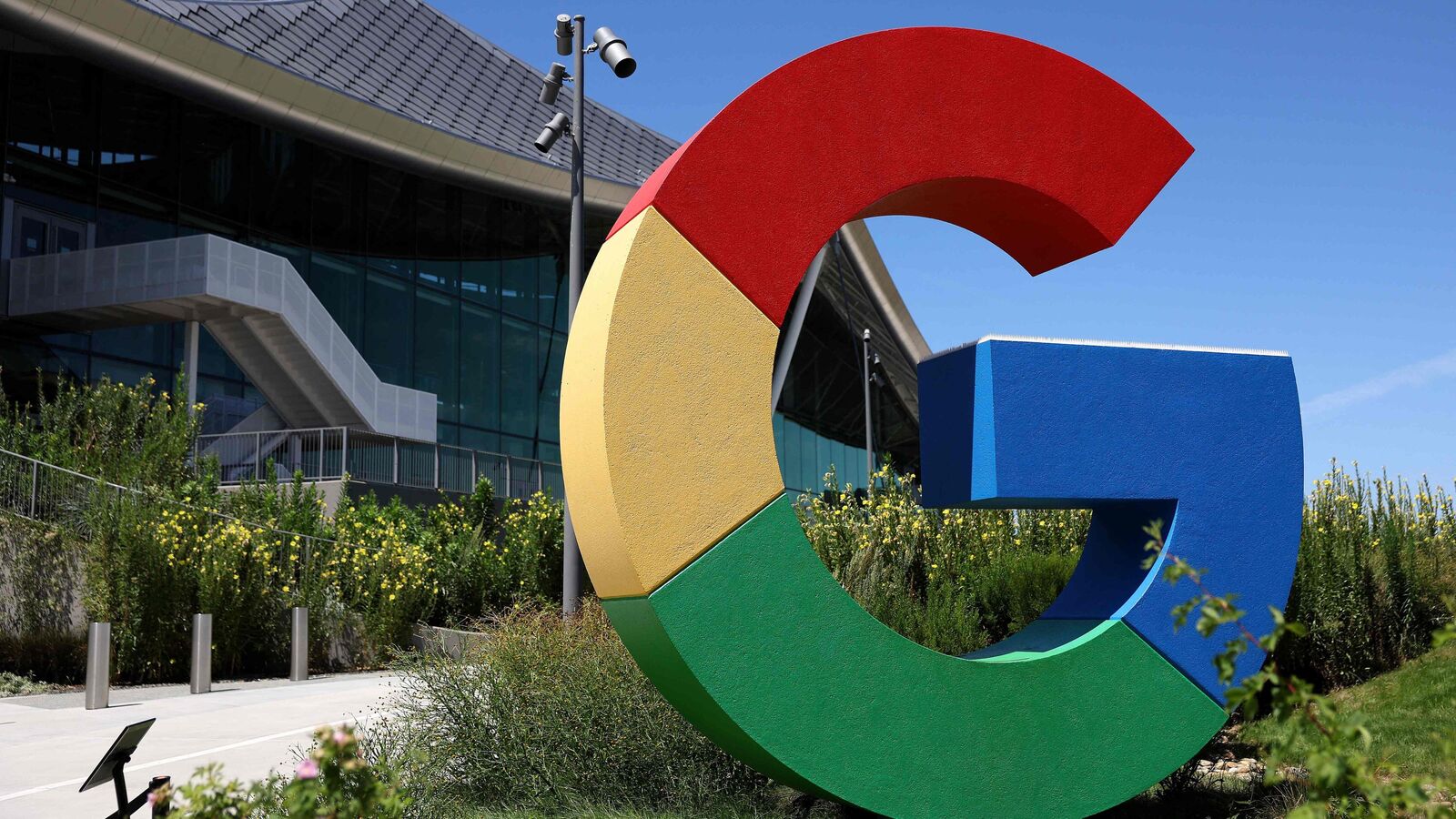NEW DELHI
:
Japanese telecom and technology major Rakuten Group, Inc. expects growth from open radio access network (Open RAN) solutions it offers to telecom service providers in global markets, though some of its deals are yet to pan out in the Indian market.
India, as well as other global markets, continue to offer opportunities and revenue potential with the solution offering cost savings compared to investments required for traditional networks, said India chief executive Sunil Gopinath in an exclusive interaction with Mint.
“We are talking to many customers in other parts of the world like Africa. Even if you’re a traditional network, we still have many things to offer in the higher-layer software stack. Many customers have already bought our software, and we are in discussions with many others. So, I think from that perspective, India and other regions are very much on the table,” he said in response to a question about whether the opportunity cycle for Open RAN had passed.
Rakuten Symphony, part of the Rakuten Group, had deployed about 5,000 femtocells—a small, low-power cellular base station that improves network coverage and signal quality in areas with weak cellular signals—in Bharti Airtel’s 4G network prior to 2021. However, it hasn’t made major headway into the Indian market since then.
“There are a lot of green field customers. For example, 1&1 in Germany launched the 5G network with Rakuten powering their telco. There are many customers looking to save costs from an operating expense perspective, and we can be about 30% to 40% cheaper than any traditional solution because of the amount of hardware you have to invest,” he added.
Gopinath did not comment on Rakuten’s ongoing discussions with Indian telcos but noted that Rakuten SixthSense division’s solutions, referred to as observability, could be used by telecom service providers across geographies.
Mint reported in March 2024 that Rakuten Symphony had begun discussions with the three carriers—Reliance Jio, Bharti Airtel, and Vodafone Idea—to deploy small cells based on Open RAN technology.
The Open RAN technology helps telecom operators source hardware and software from different suppliers, thus ending dependence on single vendors. Unlike Reliance Jio and Bharti Airtel, which opted for traditional 5G technologies from Nokia and Ericsson, Vodafone Idea is the only carrier to look at deploying Open RAN technology for commercial purposes, but it is yet to launch 5G services commercially.
Mint reported in October that the telco intended to begin offering the service by December.
“Observability solution is also tuned for telecom, and there are customers who are interested in our observability for telecom solutions,” he added.
The group’s SixthSense division, which has been offering cybersecurity solutions since 2021, is eyeing a 15-20% growth with a new set of artificial intelligence (AI)-based solutions, focusing on sectors such as finance, healthcare, retail, and government.
The Generative AI-based solution looks at multiple signals coming from multiple systems in a company’s digital infrastructure, connects the dots, correlates them, and either predicts or prevents those challenges from happening. If they do happen, it gives an end-to-end causation and correlation to quickly fix the problem.
“We’ve got customers in India and the US. We are now expanding to broader Asia-Pacific region, including Singapore, Malaysia, Indonesia as well as Saudi Arabia and the UAE, in 2025,” he said, adding that the observability or operations AI was a $10-15 billion market.





Leave a Reply